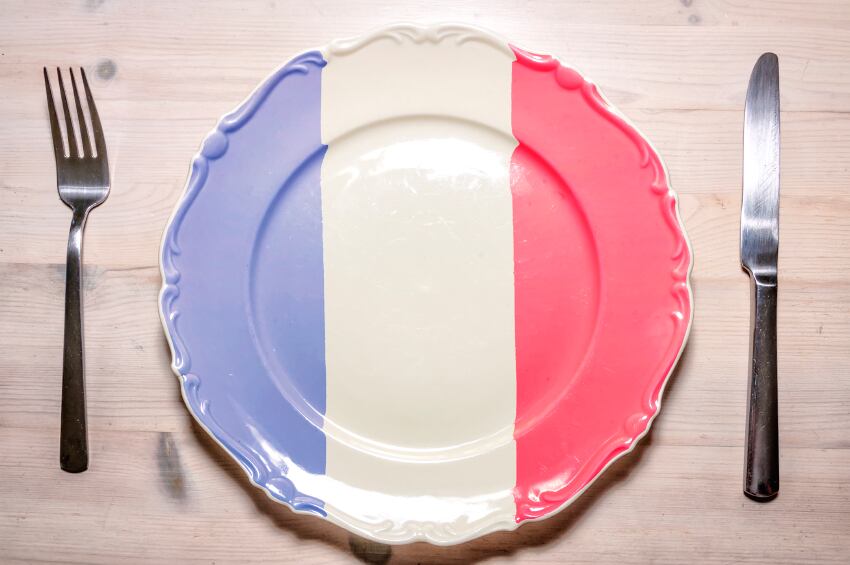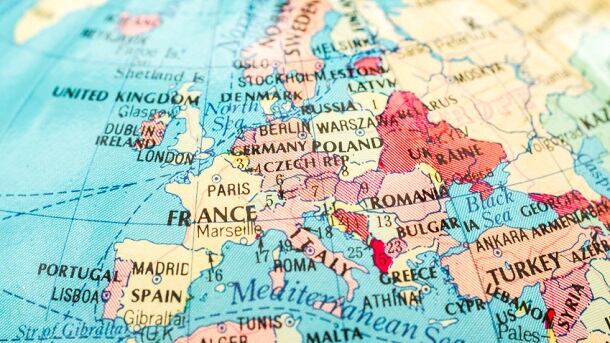France confirmed this week that it will introduce mandatory country of origin labelling (COOL) for meat and mils in processed foods and prepared meals over a two-year trial period after getting the green light from the Commission

Agriculture minister Stéphane Le Foll confirmed in a statement that Commissioner for health and food safety Vytenis Andriukaitis told the French authorities it was not opposed to a trial period.
The bill must now get the backing of the Conseil d’Etat and could enter into force on 1 January 2017.
The specific details of how the labelling will be put in place will be discussed sector players and consumer rights associations.
Interbev, the French trade association which represents meat processors and livestock, said it was pleased with the "significant advance made”, adding it would allow consumers clear and transparent information on the products they buy.
It has been campaigning for origin labelling on both fresh and processed meat since the ‘Horsegate’ scandal of 2013 when DNA testing found horse meat in pre-prepared beef lasagne, sparking a crisis in consumer confidence.
The end of the single market?

But pan-European trade group FoodDrinkEurope (FDE) said it deeply regretted the decision. “Whilst the initiative is framed as a 'test' and applies only to France, it is a mandatory measure which will have an immediate market impact, with considerable negative consequences for producers and for consumers, namely burdensome changes in the supply chain, difficulties in the labelling process and higher prices," it said.
“Moreover, of crucial importance in today's context for Europe, this protectionist measure also sets an irreversible precedent for the fragmentation of the EU Single Market for foods and drinks."
Cost versus clarity
The pro-COOL camp regularly cite the results of a 2013 Eurobarometer survey, IN which 90% of respondents said it is important for the origin of meat used in processed foods to be labelled, while 84% are in favour of mandatory origin labelling for milk in dairy products.
But those who oppose COOL say consumers are simply not prepared to shoulder the costs, pointing to a Commission report last year which looked at several labelling models, estimating the costs of each one. Overall, consumer willingness to pay for the additional information is "modest", said the report.
Last year FoodNavigator spoke to one German processed food firm, Frosta, which voluntarily introduced origin labelling for ingredients and said the costs were "marginal".
It is also strongly opposed by dairy lobby, the European Dairy Association (EDA), which slammed the Commission for failed to defend the core principles of the EU and said dairies in border regions will be particularly hard hit as they may have up to five EU member states in their milk collection area.
“The European Commission [has] clearly failed to protect the single market principle, which is from a political point of view a worst case scenario for the Union”, said EDA secretary general Alexander Anton.
Eyes are now on other member states for any knock-on effects. Italy for its part has already moved to bring in similar labelling legislation but for dairy products only.
“We have seen the French proposal going viral across Europe," said Anton. "The Italian government has already notified a draft decree, and others will certainly follow the French example. This translates as the end of the single market principle for milk and dairy products”.
Both the EDA and FDE have questioned the provision under which the labelling has been allowed, arguing that country of origin labelling is only permitted under EU law where there is a proven link between certain qualities of food and its origin or provenance.
“The French decree fails to comply with this, as harmonised European legislation ensures the similarity of the quality of milk,” said Anton.
BEUC: 'Fully in line' with EU labelling laws
But according to consumer rights organisation BEUC, the Food Information to Consumers (FIC) legislation (1169/2011) allows member states to introduce additional mandatory labelling if there is evidence that a majority of consumers feel this information is important.

“We consider that the French decree is fully in line with the Food Information Regulation, as its main aim is to protect consumers and respond to their long standing demand for information on the origin of their food,” reads an open letter signed by BEUC director general Monique Goyens and Alain Bazot, president of the French consumer rights group Que Choisir, and addressed to Commission president Jean-Claude Juncker.
Que Choisir has been campaigning for mandatory origin labelling and, along with the agricultural association FNSEA and others, launched an online petition in February this year calling for mandatory labelling for processed meat which has to date attracted almost 30,000 signatures.
CLITRAVI, the trade body representing the EU meat processing industry, called on the Commission to reaffirm its role as a guardian of the European
Treaty by promoting the harmonised market. In authorising national provisions it is setting a bad example for other member states. “Food labelling is a harmonised issue which requires harmonised solutions”, said its president Robert Volut.
France’s food trade body ANIA took a cautiously measured stance on the issue back in February. Given that 68% of France’s food exports are destined for the EU’s single market, the mid-term impact on the “tense and fragile economic situation” needed to be evaluated, it said.
